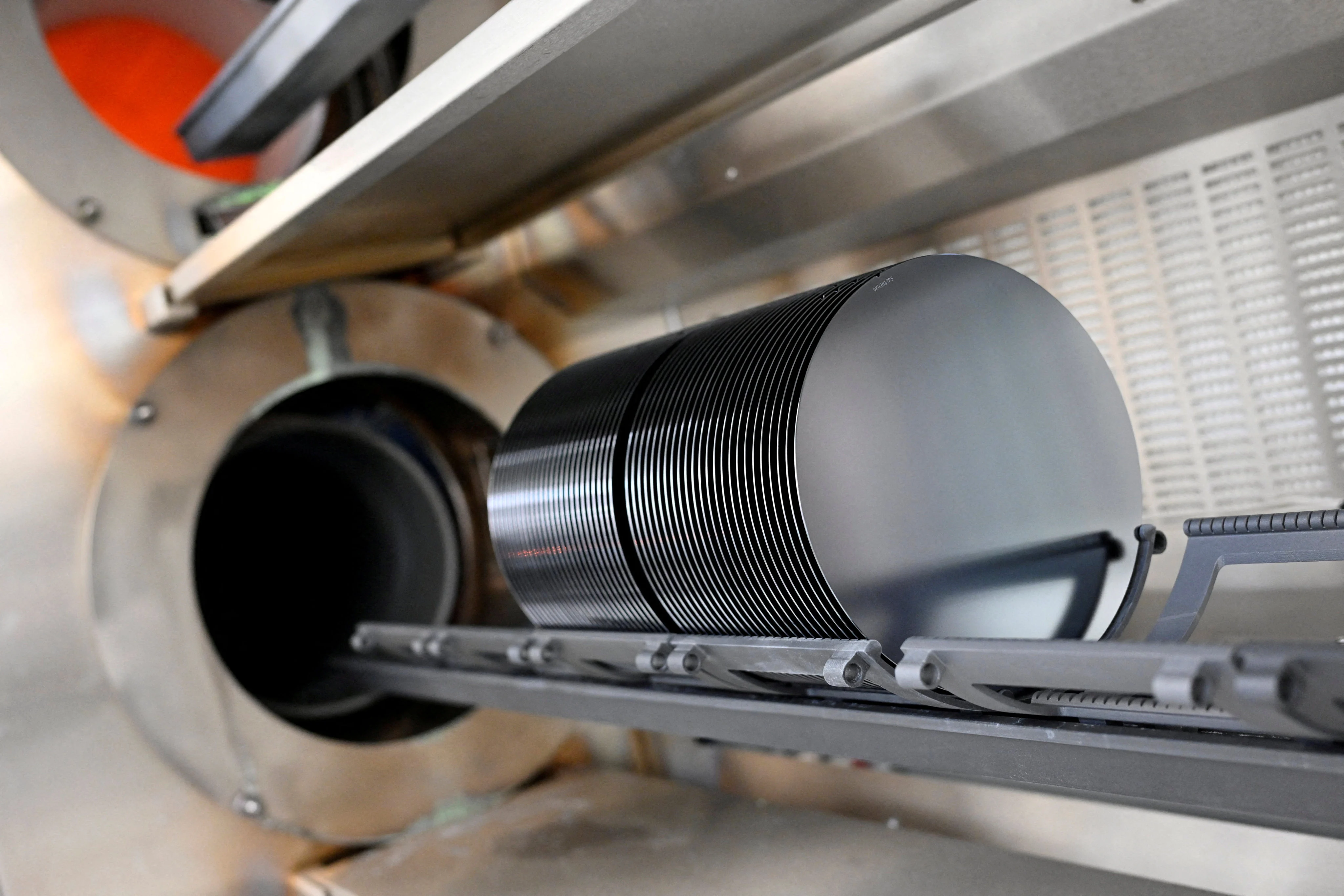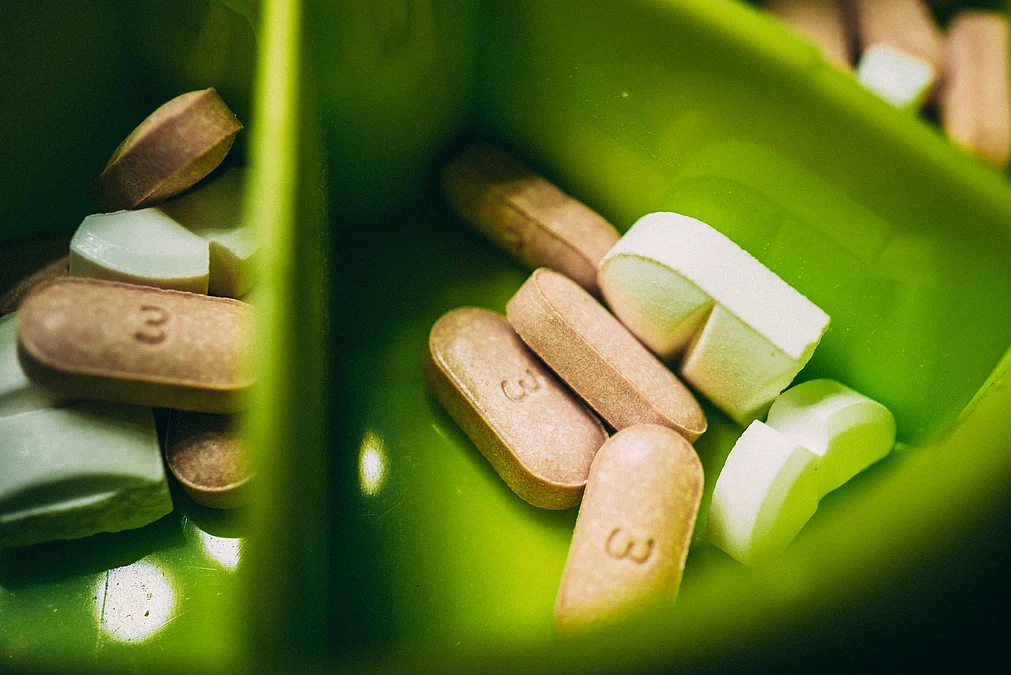Copyright scmp

The semiconductor stand-off between China-owned Nexperia’s Dutch headquarters and its Chinese operations has escalated into a war of words, with both sides accusing the other of undermining supply chains and spreading misinformation. The clash – which has placed a cloud over crucial semiconductor supplies for the global car industry – intensified on Wednesday despite a trade truce between Beijing and Washington that temporarily eased some export controls, a move that had been expected to stabilise the sector. Nexperia’s head office in the Netherlands said in a statement that it could no longer “guarantee the authenticity and quality standards of products delivered from the Nexperia facility in China” after October 13, as it had “lost transparency and oversight over the manufacturing processes” at its largest assembly plant in Dongguan. The southern Chinese site accounts for about 70 per cent of the company’s global output. The Dutch headquarters said that “direct” wafer supply to the Dongguan facility had been suspended and said it was “offering alternative supply chain solutions” through its non-China plants. It added that it “continued to act in full compliance with the Dutch government order” and noted that former CEO Zhang Xuezheng had been removed from the board. Analysts said the rift between Nexperia’s Dutch headquarters and its China operations highlighted how geopolitics could strain corporate governance. The dispute “has far exceeded initial expectations from outside”, with “both parties having entered a state of talking at cross purposes”, said Zhao Zhijiang, an assistant researcher at the Beijing-based think tank Anbound. He added that the Dutch headquarters’ commitment to comply with government directives in The Hague meant it “would not easily make concessions”, making a quick resolution unlikely. Nexperia’s head office also accused its China unit of refusing to make payments and committing a series of alleged violations, including the misappropriation of corporate seals, the creation of unauthorised bank accounts, the redirection of customer payments and the issuance of letters containing false information to clients and employees. The Dutch statement came in direct response to earlier remarks by Nexperia China, which publicly rejected orders from its parent company and assured clients it was securing new wafer supply sources to maintain deliveries. It also accused the Dutch side of owing 1 billion yuan (US$140 million) in outstanding payments. Meanwhile, China’s Ministry of Commerce on Tuesday took aim at the Netherlands for “going its own way” and “failing to take concrete steps to resolve the issue”. In a separate development, a major shareholder in Wingtech Technology – the Shanghai-listed parent company of Nexperia – planned to sell a stake of up to 3 per cent, according to a filing with the Shanghai Stock Exchange. Wuxi Guolian Integrated Circuit Investment Centre, an investment vehicle backed by the Wuxi municipal government, intended to raise about 1.6 billion yuan (US$225 million) through the sale, which would run from November 27 to December 26. Wuxi Guolian currently holds about 7.8 per cent of Wingtech’s shares. It said the sale was part of “its own business plans” and made no mention of the ongoing dispute between China and the Netherlands over Nexperia’s control. Wingtech had warned shareholders that it could face significant declines in revenue and profit “if control of Nexperia cannot be restored before the end of 2025”. The company reported a 280 per cent surge in third-quarter net profit to 1 billion yuan, although revenue dropped 77 per cent to 4.4 billion yuan before Dutch authorities seized control of Nexperia. The takeover followed the implementation of the US affiliate rule in export controls, which extended restrictions to subsidiaries more than 50 per cent owned by blacklisted entities. Nexperia was affected after its parent Wingtech was added to a trade blacklist in late 2024. However, under the recent trade truce between China and the United States, Washington agreed to suspend the affiliate rule for one year, while Beijing planned to relax export controls on Nexperia products assembled in China. The Dutch headquarters said it “welcomed China’s commitment to facilitate the resumption of exports from Nexperia’s Chinese facility”, after Beijing said it would consider allowing the export of some Nexperia products – though details remained unclear. “We hope to soon see further details on conditions, criteria and procedures regarding this relaxation of export restrictions,” Nexperia’s statement said.



